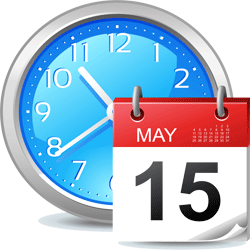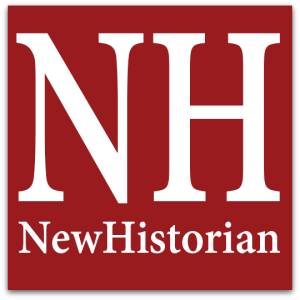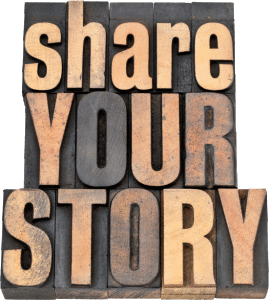 Last week I had the opportunity to spend some time at the Omohundro Institute. In between planning sessions for the new "Doing History: To the Revolution!" series, I caught up with friends and colleagues, some of whom asked me whether I had any time to pursue original research and whether I was still working towards a book.
I responded that "yes, I'm still working toward a book." Actually, I'm working toward two books. It seems the Articles of Confederation is a great topic to think through the same themes of identity, nation building, and conflict resolution that I worked on in my dissertation. My dissertation may, in fact, become a book after all.
Last week I had the opportunity to spend some time at the Omohundro Institute. In between planning sessions for the new "Doing History: To the Revolution!" series, I caught up with friends and colleagues, some of whom asked me whether I had any time to pursue original research and whether I was still working towards a book.
I responded that "yes, I'm still working toward a book." Actually, I'm working toward two books. It seems the Articles of Confederation is a great topic to think through the same themes of identity, nation building, and conflict resolution that I worked on in my dissertation. My dissertation may, in fact, become a book after all.
As I spoke with my colleagues about my projects and excitedly told them about my plans one stopped me and asked: "how do you plan to write a book with only 3 hours a week to work on it?"
The question is a good one and one I'm pondering. How do I plan to finish a book and write a second one when the only time I can set aside consistently to work on them is 3-4 hours on Sunday mornings?
In graduate school, I asked my professors about how they write and about their workflows; communications and optimized workflows are topics that interest me. All of them said they find 1-4 hours each day to write. I still ask these questions of colleagues and the most prolific of them give the same answer.
I don't have 1-4 hours each day to devote to my written scholarship. Most days I find it difficult to set aside the hour I need to practice yoga or run--activities I find necessary for stress relief and mental health. Plus, the fact that I write about history in three different mediums is problematic. Each medium has it's own voice and ends. When I'm writing in audio my brain works differently. It's hard to think about writing and editing long form text when I'm actively engaged in audio work. Plus the voice I use in my audio work is not the same voice I would use in long form text.
I may not have 1-4 hours per day, but I do have Sunday mornings. Most Sundays I can work for at least 3 hours before my family gets up and moving for the day and before I have to turn to the work that exceeds the bounds of a sane work week. I also have occasional snippets of time on non-audio days where I can draft short blog posts like this one.
Can I write a book by writing it as a series of blog posts?
Some fiction authors do this, they write their books in the form of serialized blog posts. You see this most commonly on the social networking site wattpad. But would this serialized-blog-post model work for a history book?
Blog posts and history books have different voices. Blog posts tend to have an informal tone that makes use of contractions, casual word choice, and the first person. I've yet to read a scholarly history book with the tone and voice of blog writing.
Blog posts are also public. Publishers want authors to reserve their best content for their books so they can give readers a great reason to purchase them. If I write my books adopting a blog workflow, I won’t be able to publish everything I write on my blog.
Blog posts and history books also serve different functions. Blog posts tend to be short, one-offs where writers present and work through an idea. History books usually present multiple, complex ideas by working through long, detailed stories and examples. The intellectual production that goes into a book is much different from the intellectual production that goes into a blog post.
To get back to my colleague's question, I don't know how I plan to write a book, or two books, with 3 hours per week to work on them. I don't know how to turn short-form thinking into long-form thinking just yet. Still, it seems like I will need to adopt and adapt the blog-post method of book writing to my practice of history if I intend to write books. And as much as I love new media, I love the old. I want to write books about the BIG histories I think about and I want to contribute to the historiography in a meaningful way. I also know that I have what it takes to be a good "book historian" and I want to prove it.
Some day I will finish my books and they will be the books I want to write and they will be books that contribute. I just have to figure out how to get them done. I will solve this problem. In the meantime, with the exception of feeling like I should have written a book by now, I have no regrets about taking the career path less traveled. I have the privilege of increasing awareness about history and the work historians do by connecting historians to a public who is both interested in and thirsty for their work. Every day I get to help demonstrate why history matters and showcase the value of historians' work to society. And I get to do it all by writing history in and for new media.












